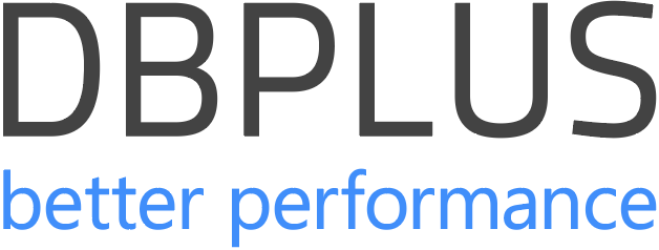02/01/2025
ORA-06512 Explained: Locating PL/SQL Errors the Right Way
ORA-06512 is often misunderstood as the primary cause of an Oracle error, when in reality it just pinpoints where an exception occurred in your PL/SQL code. The true issue usually lies in a preceding error, such as an unhandled exception or data mismatch, hidden earlier in the stack.
In contrary to ORA-12154 or ORA-00600—which typically point to direct connectivity or internal database failures—ORA-06512 simply acts as a line-number reference. It tells you where an error occurred, not why. But let’s start from the beginning.






